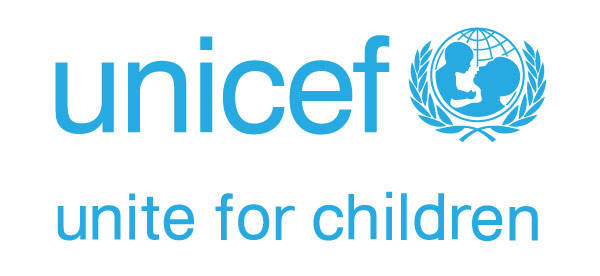In a bid to support 250 million people globally to abandon open defecation and 60 million to gain access to at least basic sanitation services by 2021, the United Nations Children’s Fund (UNICEF) has convened industry, financial institutions, governments and development partners to Strengthen Local Sanitation Markets in West and Central Africa.
The meeting which started on Tuesday, November 13th and would end Thursday, November 15th in Abuja focuses on discussion in shaping healthy sanitation markets in the West and Central Africa Region.
UNICEF’s supply director, Etleva Kadilli said one of the key approaches in the UNICEF global strategy for water, sanitation and hygiene is to build sustainable markets for goods and services where supply meets demand adding that there is a need for governments and development partners to work in partnership with global and local businesses to ensure that appropriate solutions are available and affordable to those who need them.
He said, this consultation is an important signal that solutions are urgently needed to achieve targets set in the Sustainable Development Goals.
“Currently, 2.4 billion people worldwide do not use improved sanitation. As a key custodian of SDG 6.2, UNICEF works to achieve equitable access to adequate sanitation and hygiene for all and to end open defecation by 2030.”
“Open defecation is a life-threatening practice, as contact with human waste can lead to diseases such as cholera, typhoid, hepatitis, polio and diarrhea. Inadequate or non-existent sanitation causes tremendous harm. Every day, 700 children under five die from diarrhea-related diseases.”
Kadilli said, the level of open defecation in West and Central Africa accounts for 14 per cent of the global open defecation rate. In Nigeria alone, 46.5 million people practice open defecation, making it the second highest ranked country in the world. Between 2008 and 2017, the creation of sanitation demand through Community Approaches for Total Sanitation in West and Central Africa has led to an increase of almost 25 million people living in open defecation-free communities.
UNICEF’s Regional Director for West and Central Africa, Marie-Pierre Poirier, also said, despite this recent success, the current rate of progress is insufficient to eliminate open defecation by 2030 while adding that UNICEF will continue to rely on proven strategies, new accelerators are needed to support local markets to deliver sustainable sanitation solutions at scale.
“Following the rise in demand for toilets, we will work with countries to enhance the engagement of the private sector to provide adequate and affordable sanitation products and services, including in isolated, often underserved rural areas.”

 Join Daily Trust WhatsApp Community For Quick Access To News and Happenings Around You.
Join Daily Trust WhatsApp Community For Quick Access To News and Happenings Around You.


